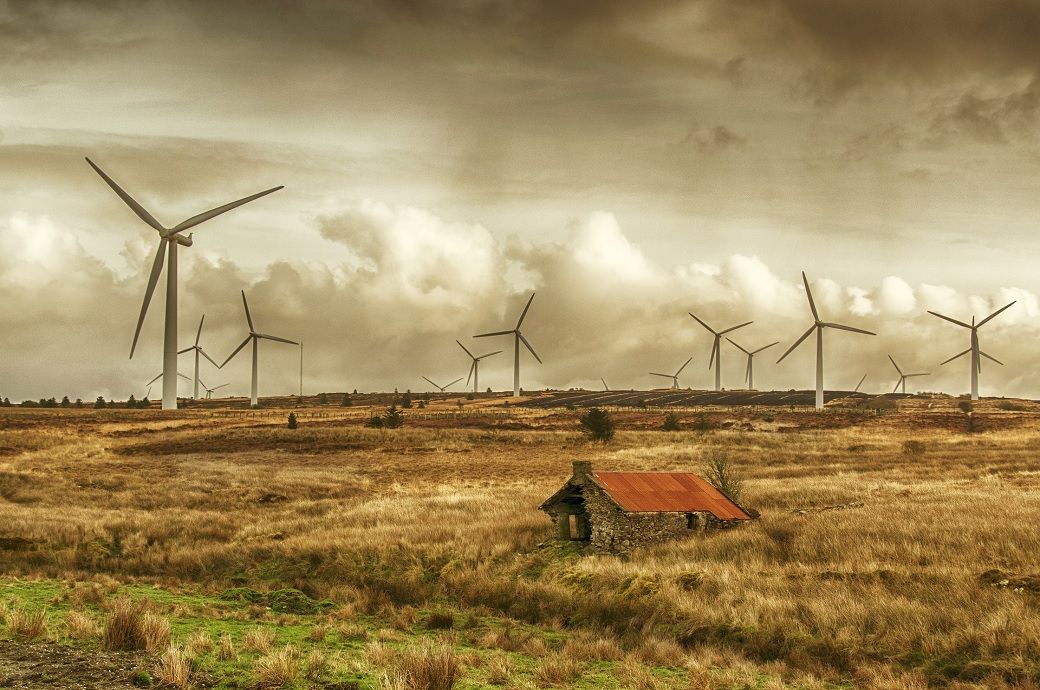
The European Environment Agency (EEA) report ‘Renewables, electrification and flexibility — for a competitive EU energy system transformation by 2030’ finds that the European Union has already demonstrated its ability to shift away from fossil fuels, with electricity-sector CO2 emissions dropping significantly over recent decades. In comparison, progress in decarbonising heating and transport, where gas and oil consumption dominate, is slower.
In 2022, higher gas prices doubled the EU energy import bill, bringing it up to 4 per cent of GDP. The report underscores that renewables, particularly solar and wind, offer a sustainable path toward increased energy independence.
By investing in domestic renewable electricity generation, alongside stronger efforts to improve energy and resource efficiency, Member states can replace volatile fossil fuel imports with available, lower-cost and cleaner energy sources.
“This is not just about achieving climate targets. Shifting to more renewables and electrification is an opportunity to reduce dependence on imported fossil fuels. That would lower wholesale electricity prices in the medium term, and reinforce Europe’s resilience and strategic autonomy in an increasingly uncertain geopolitical context,” said Leena Ylä-Mononen, EEA executive director.
A forward-looking analysis by the European Environment Agency projects that meeting the EU’s 2030 goals for renewables and energy efficiency could reduce variable electricity generation costs by up to 57 per cent compared to 2023 levels. Although long-term benefits include lower consumer prices, initial savings may be offset by investments needed to enhance grid flexibility and bolster national infrastructure.
The report emphasises that greater reliance on renewables and electrification charts a course toward increased energy independence for Europe, reducing vulnerability to fluctuating gas imports. However, capturing these benefits requires major shifts in investment and system design.
Cutting EU power costs and boosting energy security depends on three priorities: increasing renewable capacity to 77% by 2030, doubling grid flexibility through smart systems and storage, and enhancing EU-wide coordination to reduce disparities and improve resilience.
Electrification of home heating and industry, powered by heat pumps and deep renovation of inefficient buildings, will be vital to phase out fossil fuels already in the short term. In industry, predictability under the EU Emissions Trading System — the main economic instrument addressing emissions from this sector will incentivise further emission reductions. In transport, accelerating the adoption of electric vehicles — combined with infrastructure for walking, cycling and collective transport — will drive both decarbonisation and consumer savings.
The report also encourages Member States to coordinate policy and technology efforts. This will require aligning taxation and pricing signals across the whole energy system and phasing out fossil fuel subsidies, which reached record levels in 2022–2023. Turning around the stagnating electrification trend by 2030 requires clearer economic signals from across the whole energy system. Guiding private consumers’ decisions regarding buildings and transport are likely to require more comprehensive policy packages, in addition to price signals.
ALCHEMPro News Desk (RR)
Receive daily prices and market insights straight to your inbox. Subscribe to AlchemPro Weekly!